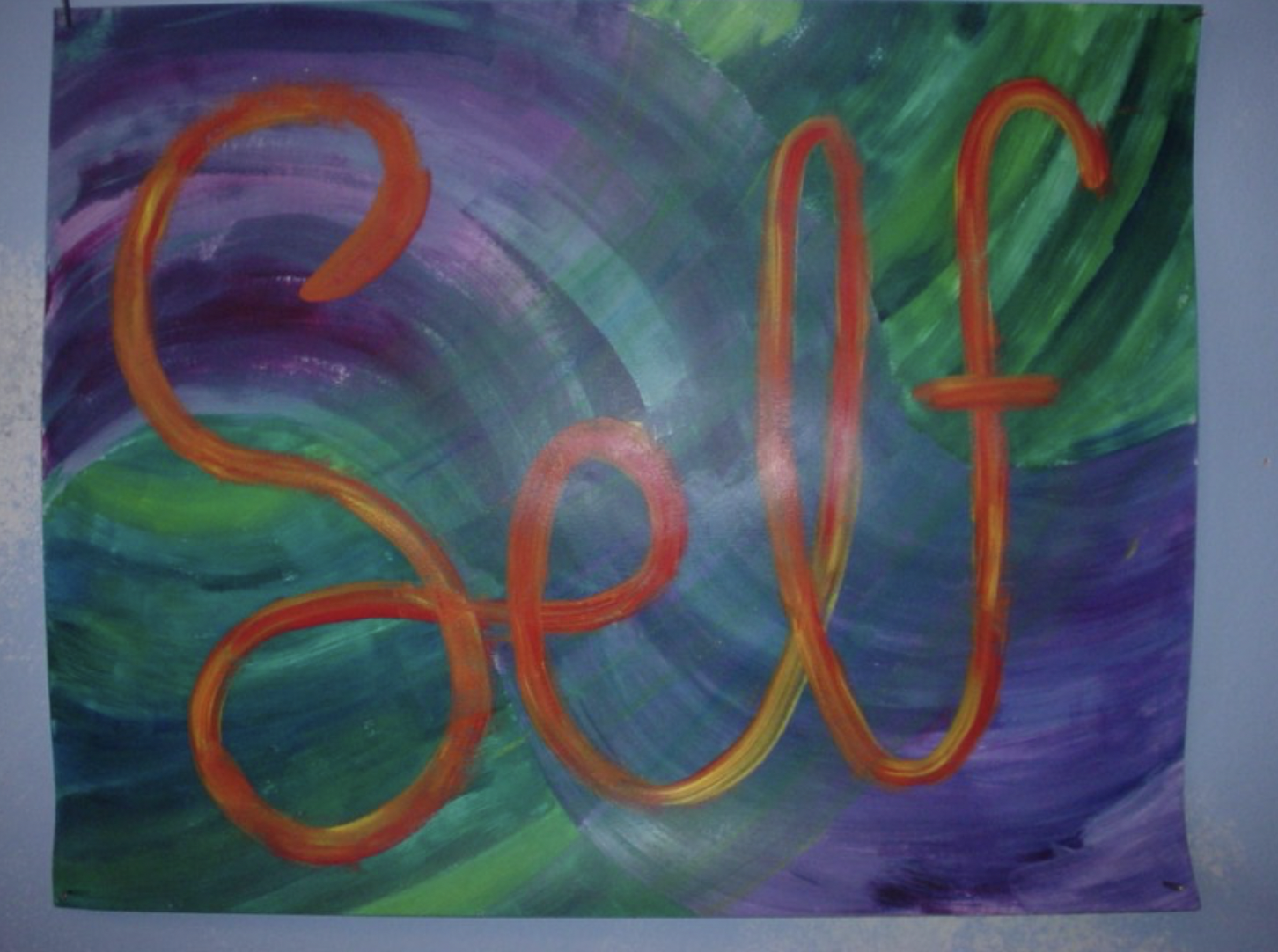All the world’s a stage…including social media
Shakespeare sure had his finger on the pulse of human nature when he suggested we are all ‘playing’ to others as we move through life. We don’t like to think of ourselves as ‘performing’ to an audience because it begins to unravel the sense of ‘self’ that we’ve identified with…But it’s true, isn’t it?
Like good little members of society, we behave differently according to context, company and adhere to societal norms. For example, I choose the language and content best suited for communicating with family, friends or in the workplace. We happily accept that this stratification of personality is normal – emotionally intelligent even! Unless we are lying – we don’t view these variations as being inauthentic…right?
Let’s shift that concept to the more modern stage of Social Media – where each platform offers its own unique performance possibilities based on the audiences who attend that “theatre.” Our job title in this metaphor is ‘Stage Manager.’ (Smith & Watson 2014, p. 75)
For example, Facebook is my rolodex – I only befriend people I have met in real life and collect friends like I used to collect phone numbers! My friends list spans continents, decades, sub-cultures and politics – I make conscious choices when posting to suit this broad audience.
Instagram’s ‘following’ rather than ‘friending’ culture provides a more curated experience. When I became a yoga teacher in 2017, I learned that all of the yoga community is on Instagram – and they wanted to find me there too. I chose to not link Instagram to my Facebook so would have a more intimate stage. Now I follow many people that I’ll never meet – I’m just interested in following their stories.
LinkedIn, built around a digital resume, allows for professional networking. As I’m going through another career change to Secondary School Media Teacher, I need to construct myself for a specific audience once again.
You might still be thinking “Hey! I’m not acting, like you are, I’m no phoney!”
Hear me out.
To start with, let’s define what we mean by ‘Self’. When we refer to ‘ourselves’, we may be talking about the structure that encases us i.e. our bodies. These have characteristics like hair and eye colour, shape, size, sex and race. Variables like location, culture, experience, wealth, circumstance etc. are then added into the mix. Combined well, we can consider this as the lens through which we see the world and call it – myself.
“Self” by Lexi Keeton, 2001
Can we consistently pinpoint the intersection or suturing (Hall & Du Gay 1996, p. 5) of our experiences and personalities? Circumstances constantly change! I used to love white chocolate. As I got older my love shifted towards dark chocolate. Does it mean that I was inauthentically a lover of white chocolate back then? And what if I do still like white chocolate only if it has almonds in it? Do I EVEN KNOW MYSELF??
The answer from social media theorists is quite relieving…Smith & Watson (2014, p. 71), define the ‘Self’ as NOT a fixed structure to present, but rather as a ‘moving target’ which sits between many, and at times, conflicting variables. Ah, sneaky white chocolate almond bar, I can hang on to you yet!
So – if we believe that the self isn’t fixed, and that we portray ourselves differently based on our audience and context, how can we ever be authentic at all – off or online? In this podcast, Emma Whatman asserts that yes, we can! In fact, each representation of ourselves IS an authentic version. The fallacy is that there is only ONE ‘true’ or ‘authentic’ self.
On Facebook, amidst kindness memes and socially conscious infographics, I like to share compelling, carefully sourced articles about environmental issues and sensible (albeit generally leftie) political commentary. I sparingly post about more divisive topics. I choose not to engage if arguments erupt. I just consciously share existing content that I feel represents my values, and I let them speak for me.
Instagram: lexikeeton_loves
Instagram: lexikeeton_seeker
The content I share on Insta surrounds as my profile states, “yoga, life and beautiful things”. I go to Instagram when I want to be delighted by something – not to be challenged, so even though I’m very politically inclined, I leave politics out of Instagram. We all need a break every now and again, hey?
REFERENCES
Brown, A 2018, Authenticity, 4, Sound Cloud, <https://soundcloud.com/smstories/social-media-stories-episode-4>.
Hall, S & Du Gay, P 1996, Questions of Cultural Identity: SAGE Publications, Sage.
Smith, S & Watson, J 2014, ‘Virtually Me’, Identity technologies: Constructing the self online, pp. 70-95.




